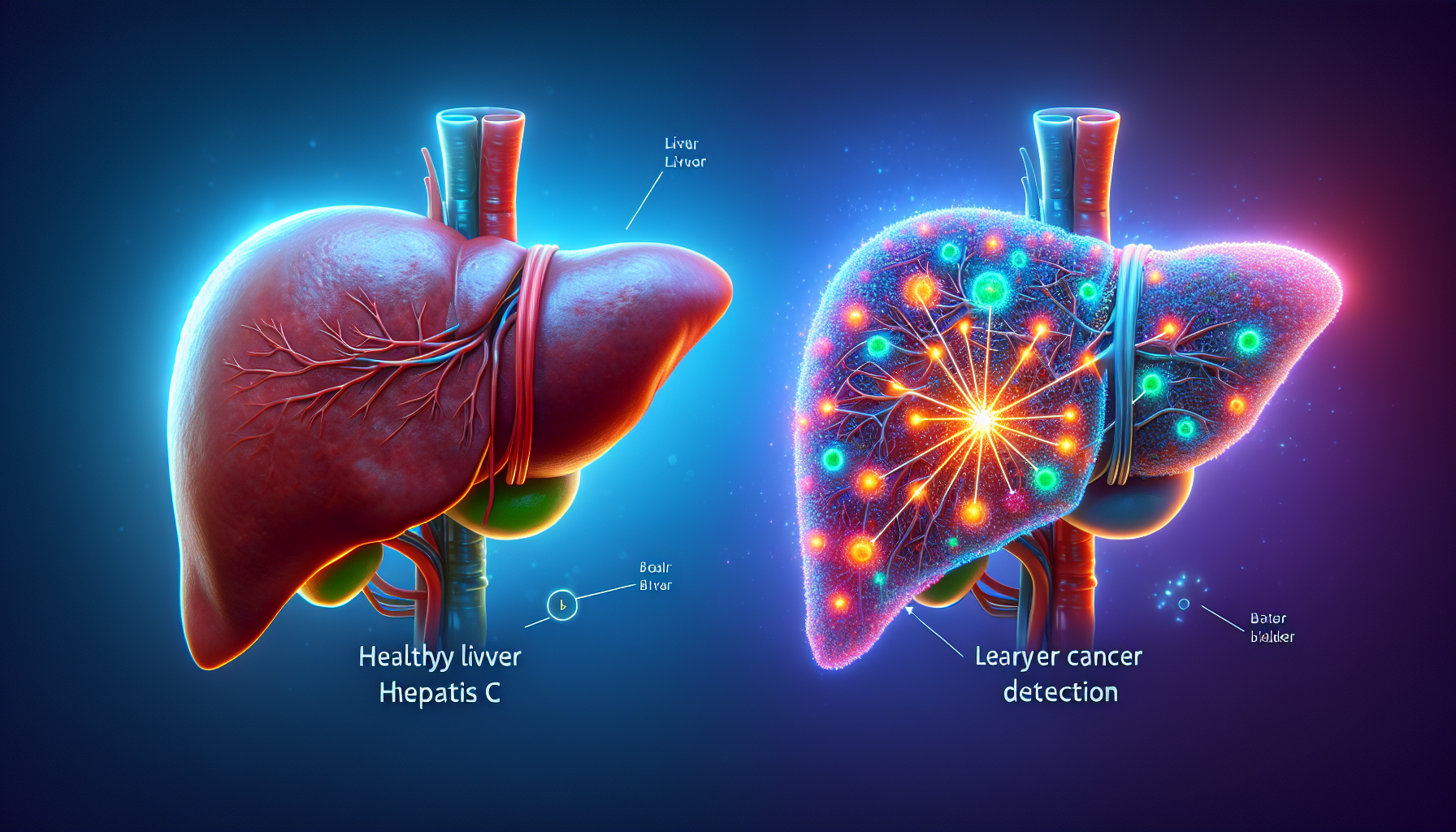Revolutionary Ovarian Cancer Screening Test Gains FDA Breakthrough Status
Key Takeaways
- FDA grants Breakthrough Device Designation to Mercy Halo™ test
- Mercy's test shows higher sensitivity and specificity than current methods
- Early detection could improve survival rates for ovarian cancer
Did You Know?
Introduction to Mercy BioAnalytics
Mercy BioAnalytics is leading the charge in early cancer detection with their innovative liquid biopsy platform. Recently, they achieved a milestone with their Mercy Halo™ Ovarian Cancer Screening Test receiving Breakthrough Device Designation from the U.S. Food and Drug Administration (FDA).
The Importance of Early Detection
Ovarian cancer is a significant threat to women's health, particularly postmenopausal women. It is often diagnosed at advanced stages due to the lack of early screening methods, resulting in high mortality rates. Statistics indicate that nearly 70% of ovarian cancer cases occur in women over 50 and are typically detected too late for effective treatment.
Breakthrough Device Designation
The FDA's Breakthrough Devices program accelerates the approval process for technologies that provide a more effective treatment or diagnosis for life-threatening conditions. Mercy BioAnalytics' Mercy Halo™ test has been granted this status, placing it on a fast track to reach the market and benefit millions of women.
How Mercy Halo™ Works
The Mercy Halo™ test uses extracellular vesicles (EVs) in the blood to detect cancer-related biomarkers. These EVs carry unique signatures from cancer cells, making it possible to identify ovarian cancer at earlier stages. The test boasts high sensitivity and specificity due to the simultaneous detection of multiple biomarkers.
Study Results
Mercy's Halo™ test was evaluated using blood samples from over 1,300 participants in the UK Collaborative Trial of Ovarian Cancer Screening (UKCTOCS). The test outperformed the commonly used CA125 marker in detecting high-grade serous ovarian cancer with 82% sensitivity compared to CA125's 63%, and 98% specificity compared to CA125's 96%.
Implications for Postmenopausal Women
This test represents a significant advancement for postmenopausal women, who are at higher risk for ovarian cancer. More timely and accurate detection can lead to better outcomes and potentially save lives.
Mercy BioAnalytics' Mission
Mercy BioAnalytics aims to relieve suffering and save lives through early cancer detection. Their focus on ovarian and lung cancers addresses some of the most lethal forms of cancer. By enabling early diagnosis, they hope to improve treatment success rates and enhance the quality of life for cancer patients.
Upcoming Presentations
The promising results of the Mercy Halo™ test will be presented at the ASCO meeting on June 3rd. Attendees can look forward to detailed findings from the landmark study and insights into the future of ovarian cancer screening.
Advantages Over Traditional Methods
Unlike traditional cell-free DNA-based tests, which require larger blood samples and complex sequencing, the Mercy Halo™ test needs only a small serum or plasma sample. This simplicity and efficiency make it a valuable tool in routine screenings.
Future Outlook
With the Breakthrough Device Designation, Mercy BioAnalytics is poised to make a significant impact on the early detection of ovarian cancer. The continued collaboration with the FDA will be crucial in bringing this innovative screening test to the market and making it accessible to millions of at-risk women.
References
- FDA Breakthrough Devices Programhttps://www.fda.gov/medical-devices/how-study-and-market-your-device/breakthrough-devices-program
- American Cancer Society - Ovarian Cancerhttps://www.cancer.org/cancer/ovarian-cancer.html
- UK Collaborative Trial of Ovarian Cancer Screening (UKCTOCS)https://www.ncbi.nlm.nih.gov/pmc/articles/PMC5034639/






